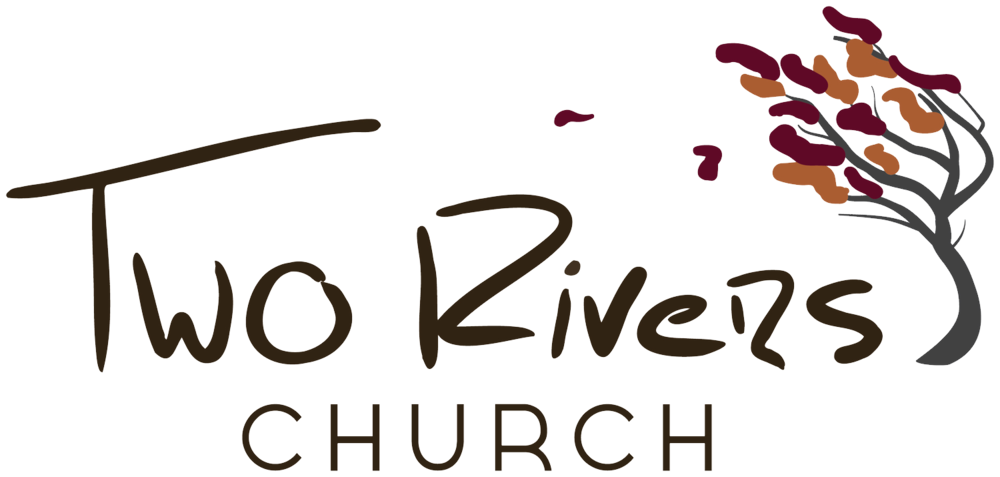We just finished our summer series on the Apostle's Creed, and I want to offer a few final thoughts upon reflection. For some, the Apostle’s Creed stands as a signifier of religion and its tradition, and thus not particularly enticing in its relevance to current events. We certainly want to stay away from ‘bad religion’, but, the church includes the voices of its ancestors in its community, and is always engaged in the task of translating what it has received from them into its current context. In fact, the primary meaning of tradition is 'the transmission of customs or beliefs from generation to generation'. The church has this responsibility and opportunity to transmit the treasure of God's previous communication into the current context. We cannot ignore the wisdom of the past, but, can trust that God has spoken through those who have gone before. That can be a tricky endeavour, but, also a very exciting one because what we transmit is a living thing - the Word present and full of the energy of the Spirit. Ben Myers writes at one point that the Creed is the simple framework of a story, in which we live and move. This makes sense to me. For some, great parts of the story are missing, and that is a legitimate critique; but for me, anyway, it does not disqualify the framework. We acknowledge its limitations and receive it as faithful witness to the reality of the Triune God. And perhaps that's the most important function, the witness to the very peculiar and mysterious distinctive of the Christian faith - that God is both one and three - and that from that beautiful communion flows a beautiful gospel to a flawed but beautiful church, which is most desperately needed in these dark days.
